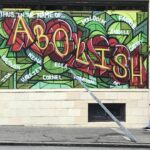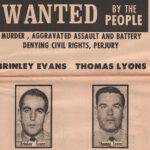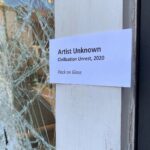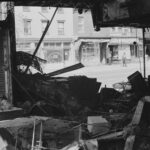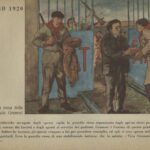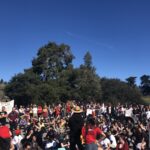
Resistance at a Granular Level: An Interview with Magdi el-Gizouli on the Neighbourhood Committees in the Sudanese Uprising
Those other neighbourhood committees did some very dramatic and dashing things, things that nobody did before. Committees in places like al-Rahad broke down the zakat stores, took out grain, and redistributed it. They challenged power at the immediate level, where it impacts on people’s lives.
 Viewpoint Magazine
Viewpoint Magazine
